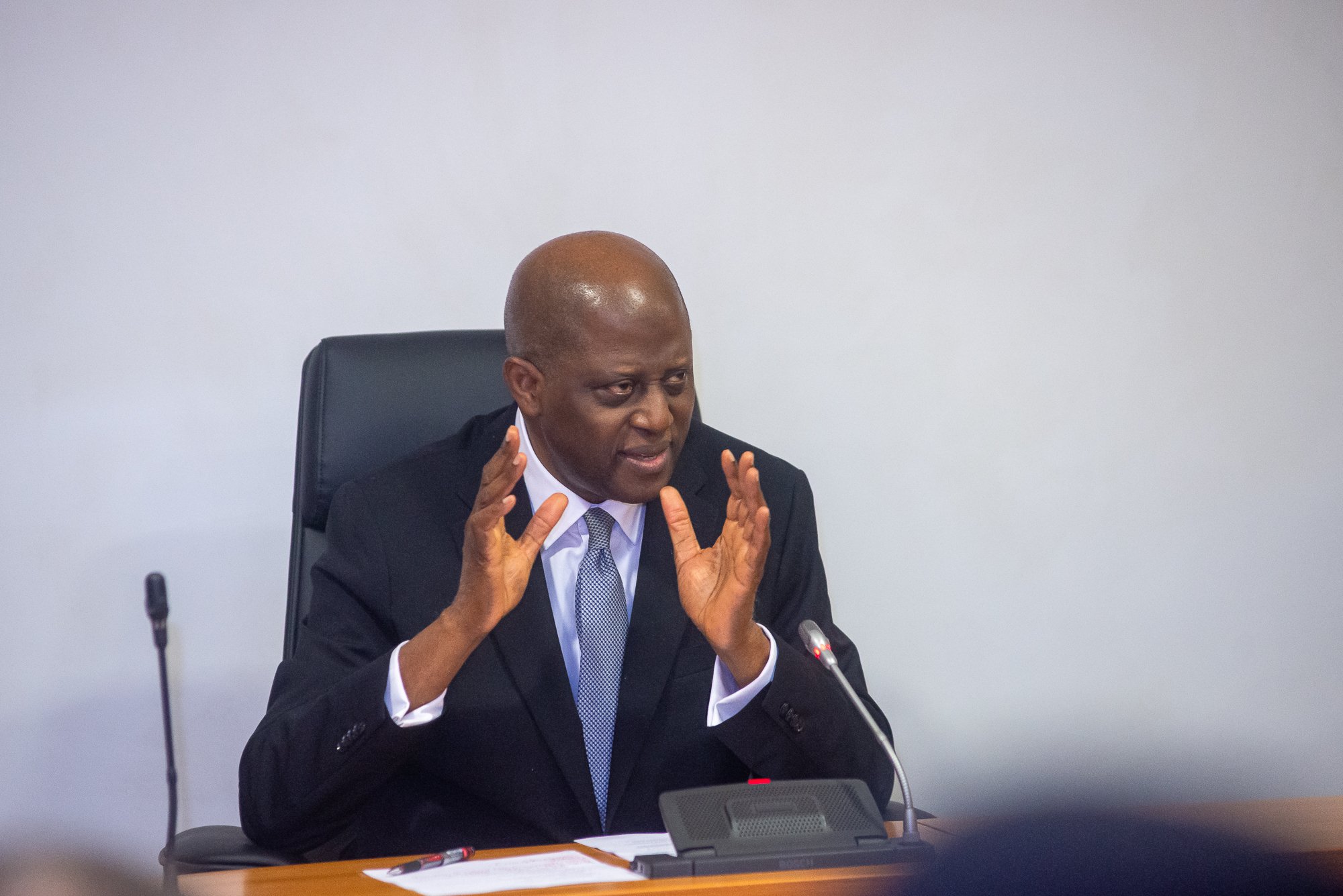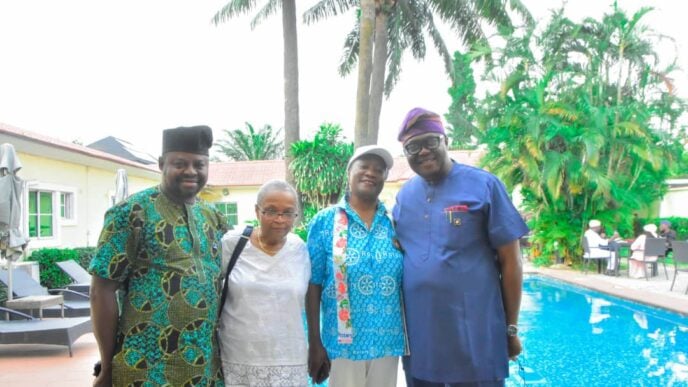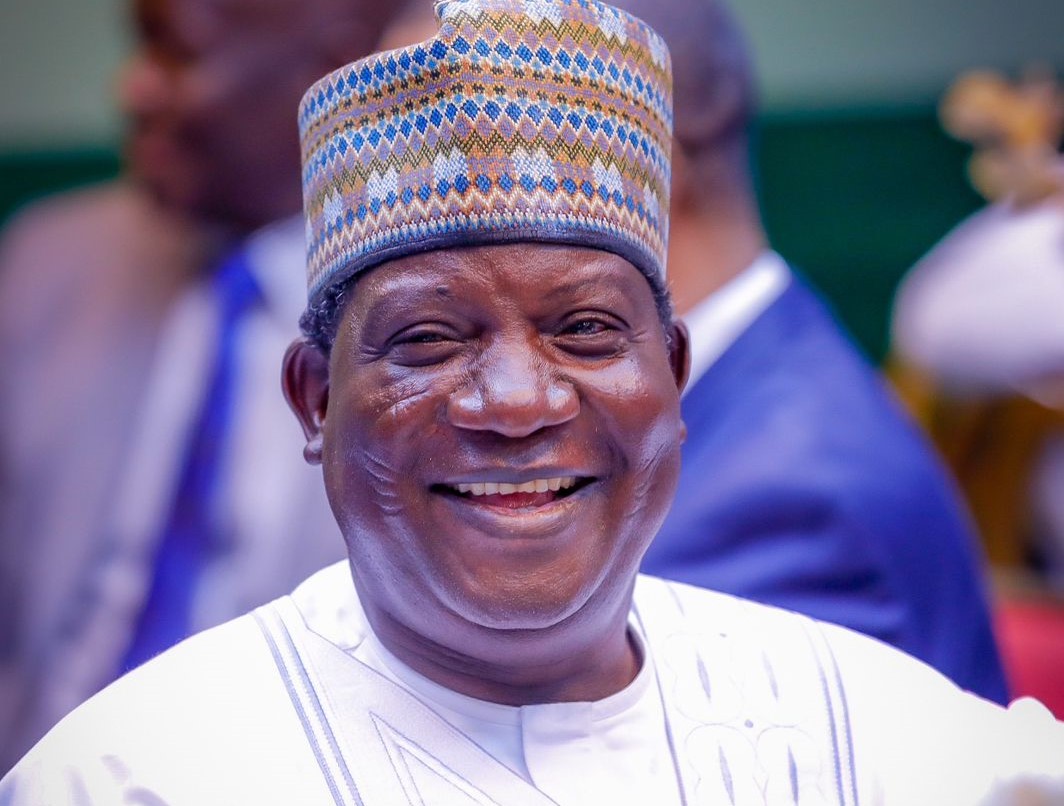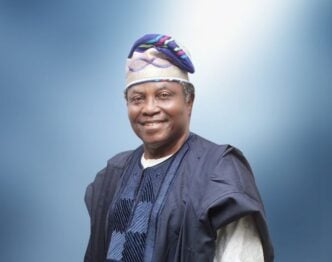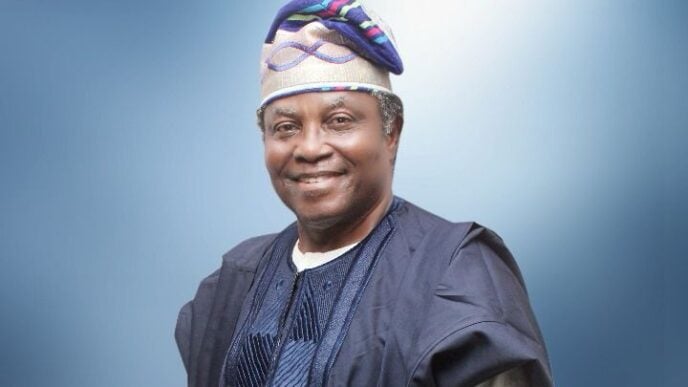Cardoso
Since assuming office, Central Bank of Nigeria (CBN) Governor Olayemi Cardoso has made significant strides in stabilising the foreign exchange market, rebuilding foreign reserves, and taming inflation— while restoring confidence in Nigeria’s monetary policy. These developments mark a clear departure from the chaotic exchange rate environment that previously defined Nigeria’s financial sector.
Before Cardoso’s reforms, Nigeria operated a fragmented and opaque foreign exchange regime with multiple FX windows, ranging from the official I&E window to various interventions and retail channels.
This system allowed for wide discrepancies in pricing, often creating arbitrage opportunities for insiders while excluding legitimate businesses and ordinary Nigerians from fair access to dollars. Also,the gap between the official and parallel market rates frequently exceeded 60%, fueling black market speculation and discouraging foreign investment.
One central achievement of Cardoso’s leadership of the Central Bank has been the unification of the foreign exchange windows and the implementation of a transparent “willing buyer, willing seller” digital platform. This reform, which replaced the multiple FX windows, has allowed for efficient price discovery and market-led exchange rate determination.
As a result, the parallel market premium, which used to exceed 60%, has narrowed to as little as ₦1. The official exchange rate has stabilised at around ₦1,531/$1, nearly matching the rate in the parallel market. This significant compression has essentially eliminated arbitrage opportunities and is gradually rendering black-market currency trading obsolete.
Cardoso himself acknowledged the systemic instability he inherited and praised the CBN’s new trajectory, saying, “We inherited a crisis of confidence but chose a different path. We’re not turning back.” His remarks reflect a broader strategy aimed at removing opacity from the financial system, restoring trust, and encouraging formal sector engagement.
The FX market now operates with more transparency, and banks no longer redirect customers to street-level currency dealers—one of the most visible indicators of the system’s past dysfunction.
Equally notable is the progress in rebuilding Nigeria’s foreign reserves. With improved oil receipts, increased investor confidence, and a wave of foreign portfolio inflows, the country’s reserves have rebounded from below $35 billion to over $40 billion by mid-July 2025. In June alone, Nigeria saw foreign portfolio inflows exceed $2.7 billion, a 315% increase compared to April.
These flows have contributed to a healthier balance of payments position, provided roughly 9 to 10 months of import cover, and significantly reduced pressure on the Naira. According to Cardoso, these trends reflect Nigeria’s “shift from vulnerability toward strength,” signalling to investors that the country is regaining its financial footing.
Meanwhile, the inflation picture, although still challenging, shows signs of consistent improvement. Headline inflation has fallen from a high of 34–35% in late 2024 to 22.22% as of June 2025. This progress is the result of tighter monetary policy anchored by a steady Monetary Policy Rate of 27.5% and better FX market liquidity.
While food and core inflation remain elevated, Cardoso’s CBN has reiterated its commitment to price stability and medium-term inflation targeting. “Our focus must remain on price stability, the planned transition to an inflation-targeting framework, and strategies to restore purchasing power and ease economic hardship,” he stated recently.
Comparatively, the macroeconomic landscape has shifted significantly in less than a year. The exchange rate gap has virtually disappeared, reserves are growing, inflation is moderating, and investor confidence is returning.
Cardoso’s reforms mirror the kind of bold policy stance seen during President Bola Tinubu’s removal of fuel subsidy, a decision that collapsed the black market for petrol overnight. Similarly, as market transparency and monetary discipline take root, the demand for informal FX services is drying up naturally.
There is however reason for cautious optimism. Cardoso has shown that consistent, data-driven, and transparent policy can reset Nigeria’s monetary framework. FX arbitrage is fading, banks are regaining credibility, and the country’s reserves now provide a buffer against future shocks.
If sustained, these reforms could anchor long-term macroeconomic stability and real-sector growth. The groundwork has been laid; the challenge now is continuity and political will.
In summary, Cardoso is winning the early rounds of Nigeria’s economic recalibration. He is not merely managing a crisis, he is engineering a recovery. And as the gap between official policy and economic outcomes narrows, Nigerians may finally begin to feel the relief that only true macroeconomic stability can offer.
Oyalowo, a development economist, can be reached on X (formerly Twitter) @AyoOyalowo
Views expressed by contributors are strictly personal and not of TheCable.

